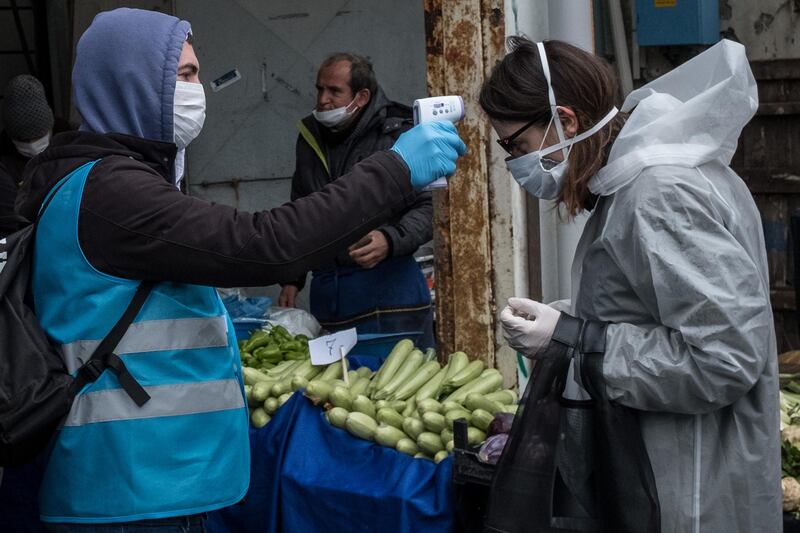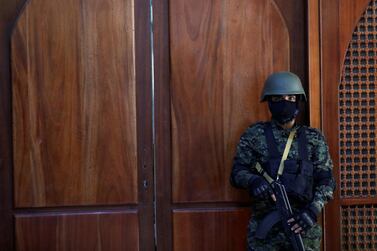As the coronavirus pandemic continues rippling through the world, leaders and policymakers are being confronted with a stark choice: how much in the way of economic growth are they willing to sacrifice for immediate public health?
It seems a daunting question. It relies, however, on a false premise. Economic development and public health are not locked in a zero-sum game. Lax anti-coronavirus measures do not guarantee that the economy will remain strong or bounce back when we reach the recovery stage of the pandemic. China’s case of strict quarantines, for instance, and South Korea’s strategy of early mass testing are demonstrating that the path to economic convalescence lies in doing whatever possible, based on the stage of the pandemic in which each country now finds itself, to stop the virus’s spread. Normality can only be found on the other side of a firm recognition of just how abnormal the situation is now.
Yet, some countries continue to frame the coronavirus response as a case of ‘either, or’. Several countries have hurt both their people and economies by failing to accept the seriousness of the situation. Iran, the US and a number of countries took that route and are now seen as epicentres for the virus.
Now, Turkey is following suit with a similarly ill-conceived effort to save its own economy, not realising that in the long term, the economy will suffer in not defeating the virus. Turkey is one of the world’s 20 largest economies, yet it is also among the 10 most coronavirus-affected nations. Over the course of the pandemic thus far, more than 27,000 Turks have been infected and nearly 600 are now deceased.
Ankara has failed to implement stringent public health measures to contain the virus. Taking a limited and short-term view, it claims these measures would be unreasonable. But Turkey’s leaders were already poor economic stewards. Their country is still struggling to cope with the fallout of its 2018 financial crisis, which brought about high unemployment and inflation. Its Dh54.5bn stimulus package is far below expectations. Now the presence of the coronavirus is expected to take a toll on the tourism sector, which the nation relies on for revenue.
With 51 million leisure visitors travelling to Turkey’s sandy beaches, seaside resorts and bustling cities last year, Turkey is an important tourism hub in the world. And yet, tourism around the world has been hit. Taking stringent measures is vital. Sixty per cent of all Turkish coronavirus cases are concentrated in Istanbul, increasing the risk of contagion in the 16-million-strong city and the risk of exporting it outside Turkey’s borders.
Further undermining the fight against the virus is Mr Erdogan’s refusal to listen to health experts. He has clamped down on medical staff’s ability to communicate with the public, and sidelined the Turkish Medical Association in policymaking. These professionals are the key to fighting what is turning out to be a devastating respiratory illness for many in Turkey, but under the current administration in Ankara they have no room to breathe.
A lack of transparency will not help to save the economy, nor will botched public health policies succeed in curbing the spread of the virus. These can only leave Turkey more vulnerable to economic collapse and widespread disease. Saving the economy cannot be an excuse for leaders to justify inaction, especially when action is the only way to safeguard a country’s development in the long term.






